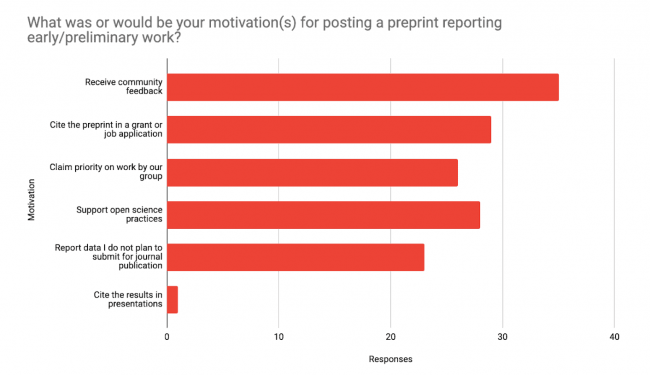As a community of scholars, we each take responsibility to provide critical but fair comment on manuscripts submitted for publication in the journals that represent our research disciplines. We do so on a voluntary basis which for some represents a significant investment of time and effort. I have long felt that this effort should be recognized in a formal way as a valued contribution to the literature with a measure equivalent to that of a published citation. The “Publish your Reviews” initiative offers just such a measure of credit. Most publishers and many authors have embraced pre-print posting on an archive. Similarly, the transparency of the review process will be enhanced by wide adoption of published reviews.

















